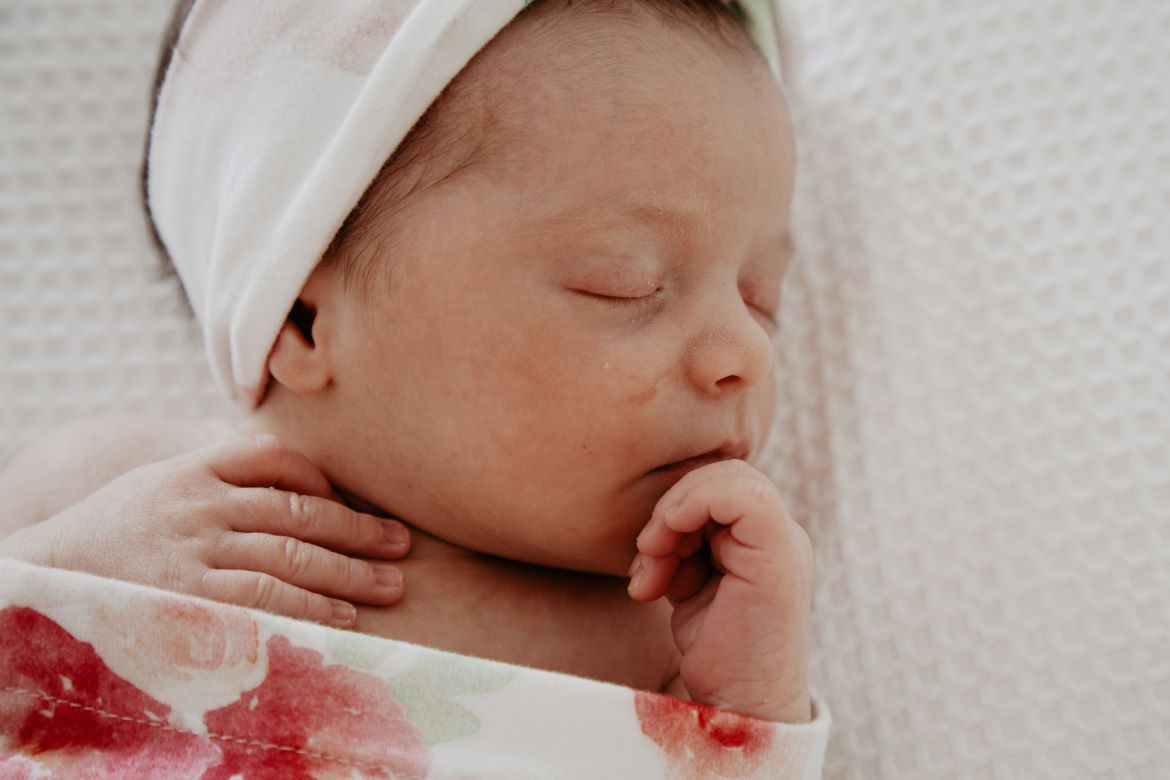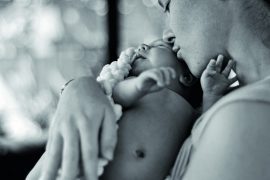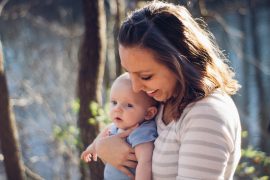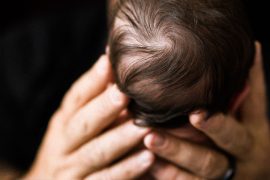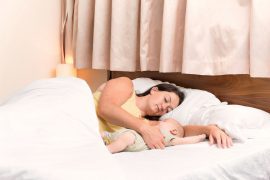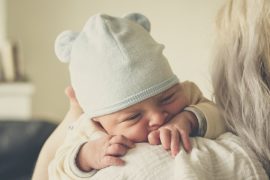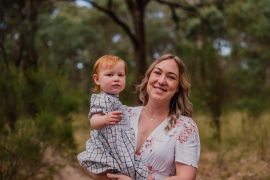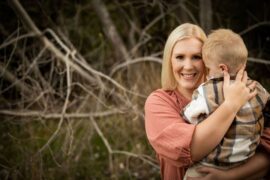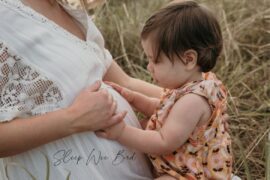By Tracy Cassels
Parents today have often been bombarded by other parents telling them the things they need to do to improve their child’s sleep. Often these things are based on cultural norms which inform on things like sleeping location, sleep training, feeding surrounding sleep, and so on. Many families end up worried they are doing something wrong because so many others tell them they are. They hear families telling them how happy they are and how much sleep they are getting and all these behaviours that felt so normal, so instinctive, and so right suddenly seem questionable.
The problem is that there are many scientifically-backed reasons to just flat-out ignore these families. So before you let one more person worry you, let’s look at why these people’s statements mean absolutely nothing.
Parents Suck at Reporting On Infant Sleep
Yep, they do. Parents think their kids sleep a whole lot more than they do and this is compounded by several factors, including feeding type. In general though, parental measures of sleep are poorly related to objective measures of sleep, including actigraphy[1] and videosomnography[2].
Parents overestimate the length of longest sleep and underestimate the number of wakings or arousals.
This only gets worse as kids get older, so the parents of a 12- or 18-month-old are going to be way more off than those of a 3-month-old (but they’ll still be off).
As mentioned, this reporting is also affected by feeding type. Specifically, mothers who are breastfeeding are more accurate than formula-feeding mothers, who tend to overestimate their infant’s sleep, both total sleep time and longest stretch[3]. Importantly, in this study there were actually no differences in objective sleep by feeding type; however, there are studies which have found that babies who engage in night-time breastfeeding (which is totally normal) wake more than non-night-time breastfeeding babies[4]. Thus, if you’re a breastfeeding mum being told all about how great a formula-feeding baby’s sleep is, you can smile, let them be happy, and know she’s probably way off because her baby is likely sleeping the same as yours, or if not, it’s because your baby is getting breast milk and that is something that shouldn’t be ignored.
The other factor that is often mentioned is infant location, yet there is little evidence that this affects infant sleep very much[4] (also, [3]). This recent research looking at sleep quality of sleep location (room-sharing versus solitary sleeping) found that there was a small difference in the longest duration of sleep, with solitary sleeping infants showing a slightly longer stretch, but no difference in any other sleep variable. (Note there were differences in maternal sleep, but this is discussed in another piece.)
This means that if you’re happily sleeping with your baby in your room and are told to get your baby out to improve his or her sleep, you can kindly tell people that won’t be necessary.
Cultural Norms for Sleep are Not Biological Norms
Two words: Jim McKenna. He has spent his career emphasising the need for us to examine infant sleep through an evolutionary or biological lens and that many of the factors we think are good may not be. For example, it is not biologically normal for infants to spend long periods of time in deep sleep and may, in fact, signal a problem. It is very normal for infants to rouse to breastfeed often (‘breastsleeping’) and modifying this can have implications we aren’t even aware of, but certainly have implications for breast milk production and duration of nursing. Dr. McKenna has covered so much on normal infant sleep, I simply suggest you check out his work for more[5].

